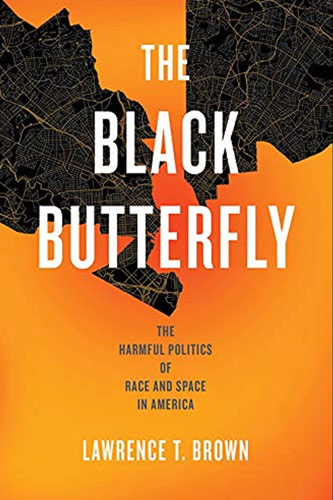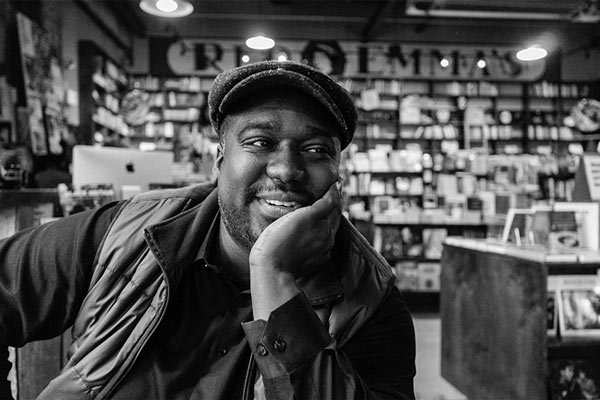
The world gasped in April 2015 as Baltimore erupted and Black Lives Matter activists, incensed by Freddie Gray’s brutal death in police custody, shut down highways and marched on city streets. In The Black Butterfly—a reference to the fact that Baltimore’s majority-Black population spreads out on both sides of the coveted strip of real estate running down the center of the city like a butterfly’s wings—Lawrence T. Brown reveals that ongoing historical trauma caused by a combination of policies, practices, systems, and budgets is at the root of uprisings and crises in hyper segregated cities around the country.
Putting Baltimore under a microscope, Brown looks closely at the causes of segregation, many of which exist in current legislation and regulatory policy despite the common belief that overtly racist policies are a thing of the past. Drawing on social science research, policy analysis, and archival materials, Brown reveals the long history of racial segregation’s impact on health, from bode pollution to police brutality. Beginning with an analysis of the current political moment, Brown delves into how Baltimore’s history influenced actions in sister cities like St. Louis and Cleveland, as well as its adoption of increasingly oppressive techniques from cities like Chicago.
But there is reason to hope. Throughout the book, Brown offers a clear five-step plan for activists, nonprofits, and public officials to achieve racial equity. Not content to simply describe and decry urban problems, Brown offers up a wide range of innovative solutions to help heal and restore redlined Black neighborhoods, including municipal reparations. Persuasively arguing that, since urban apartheid was intentionally erected, it can be intentionally dismantled, The Black Butterfly demonstrates that America cannot reflect that Black lives matter until we see how Black neighborhoods matter.

In 2020, he directed the US COVID-19 Atlas work and response for the County Health Rankings and Roadmaps program in partnership with the University of Chicago Center for Spatial Data Science. His first book The Black Butterfly: The Harmful Politics of Race and Space in America was published by Johns Hopkins University Press in January 2021. In 2021-2022, Dr. Brown will be working as a research scientist in the new Center for Urban Health Equity at Morgan State University.
Content borrowed from the The Black Butterfly Project website.